News
Stay up to date on the latest crypto trends with our expert, in-depth coverage.

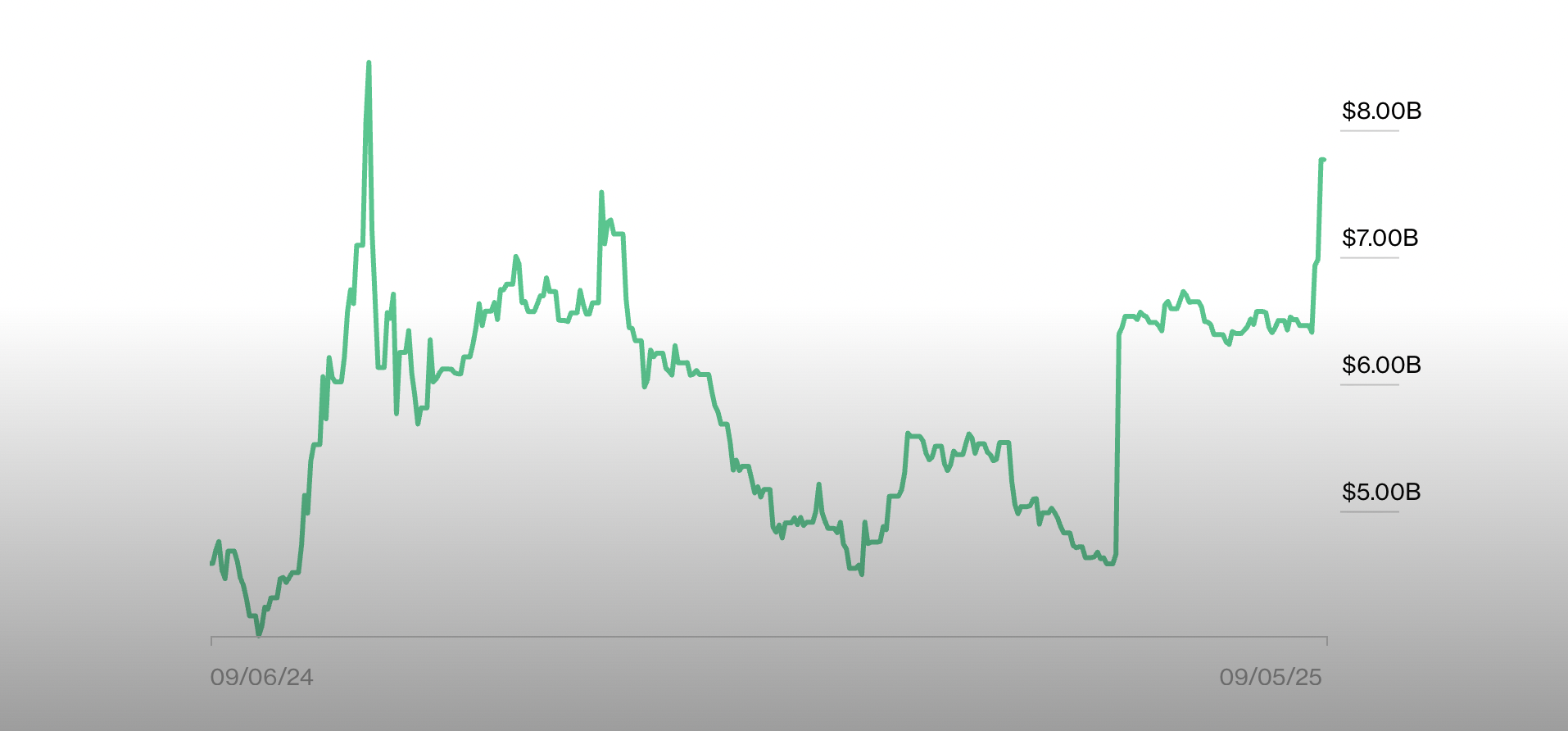
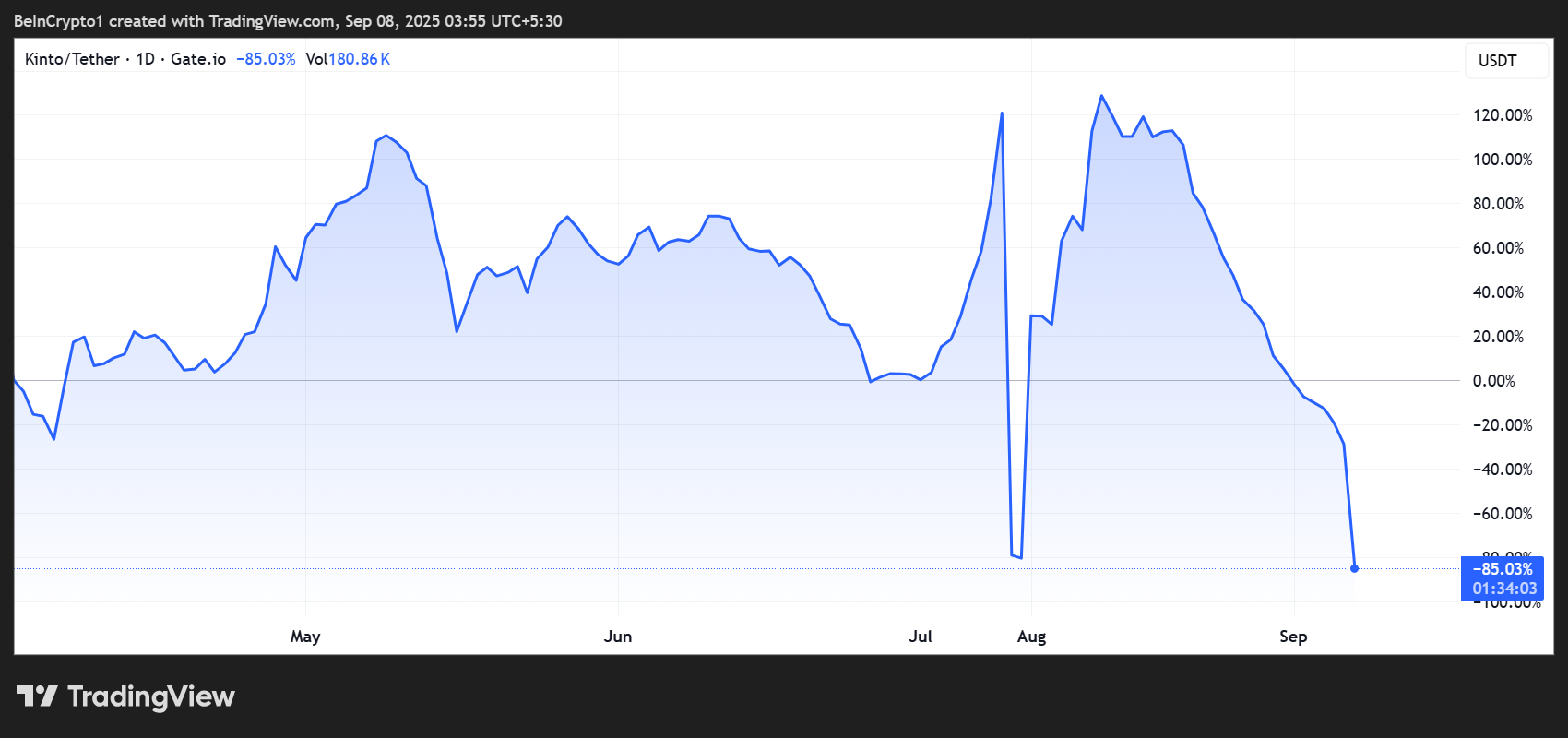
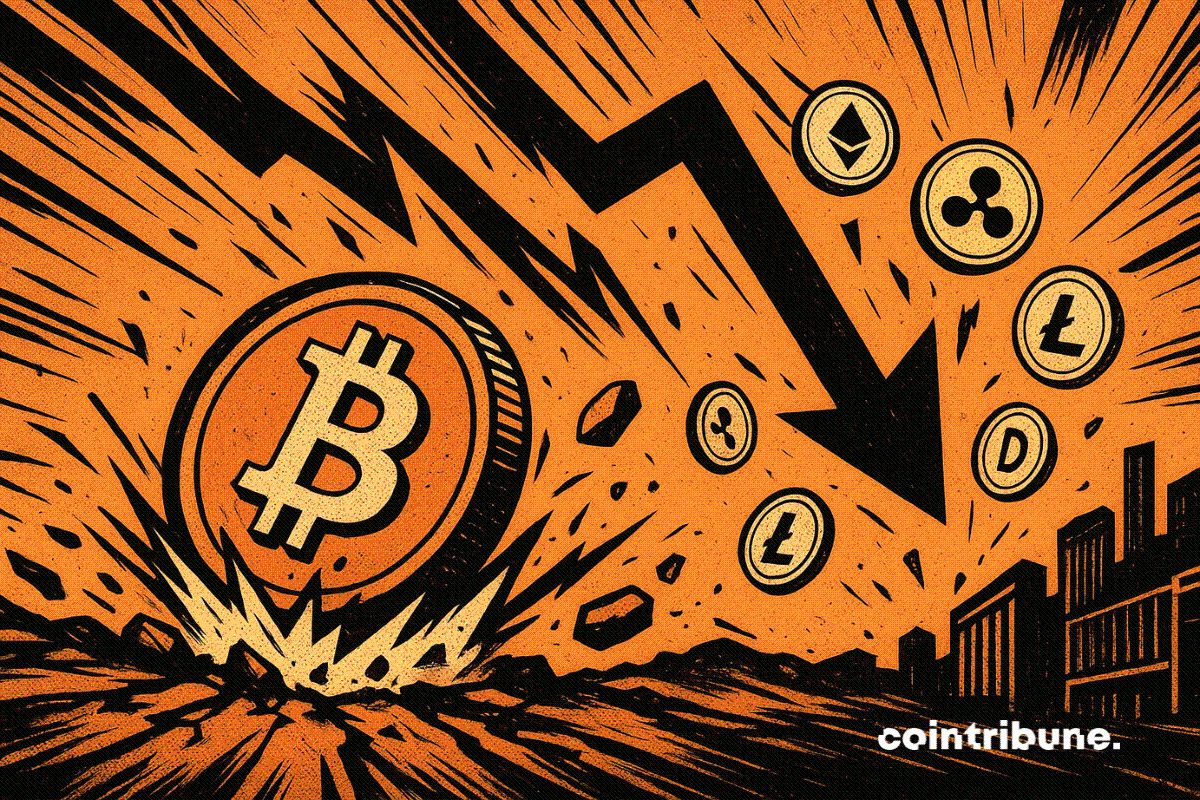
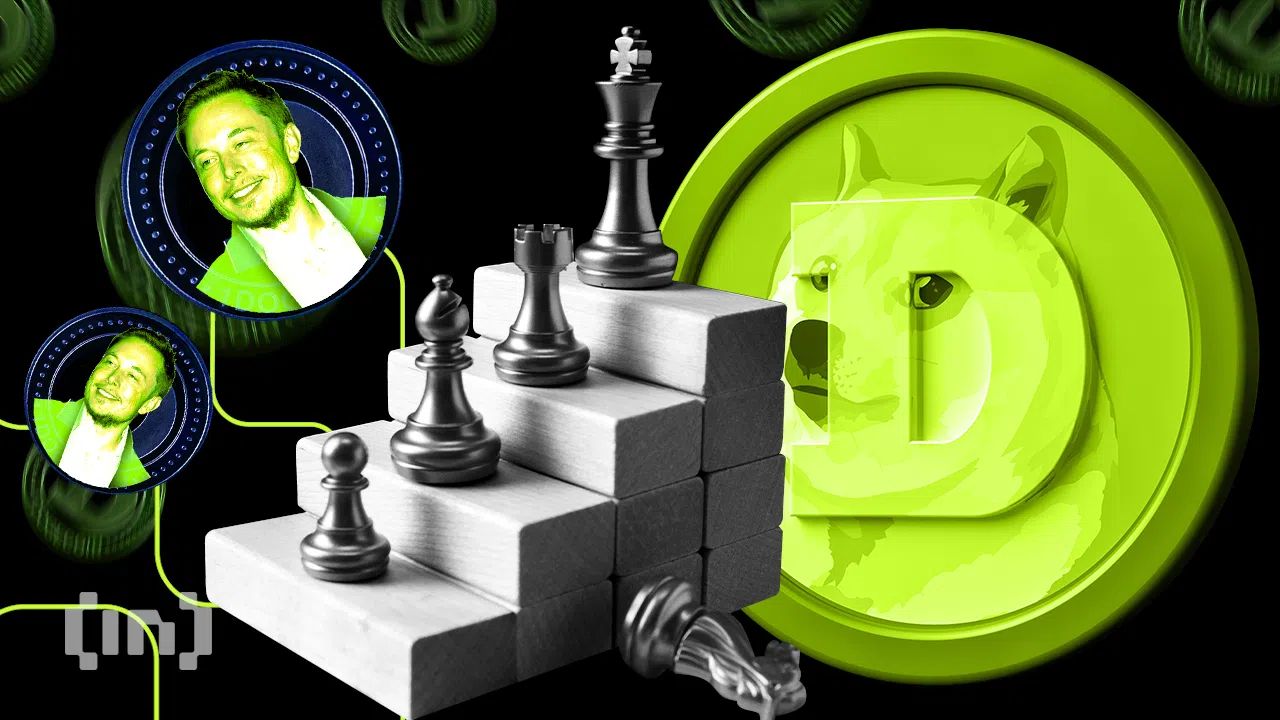
Dogecoin price climbed 6% to $0.231, with both on-chain signs and technical patterns hinting at further upside. Traders now eye $0.248 as the next key level.
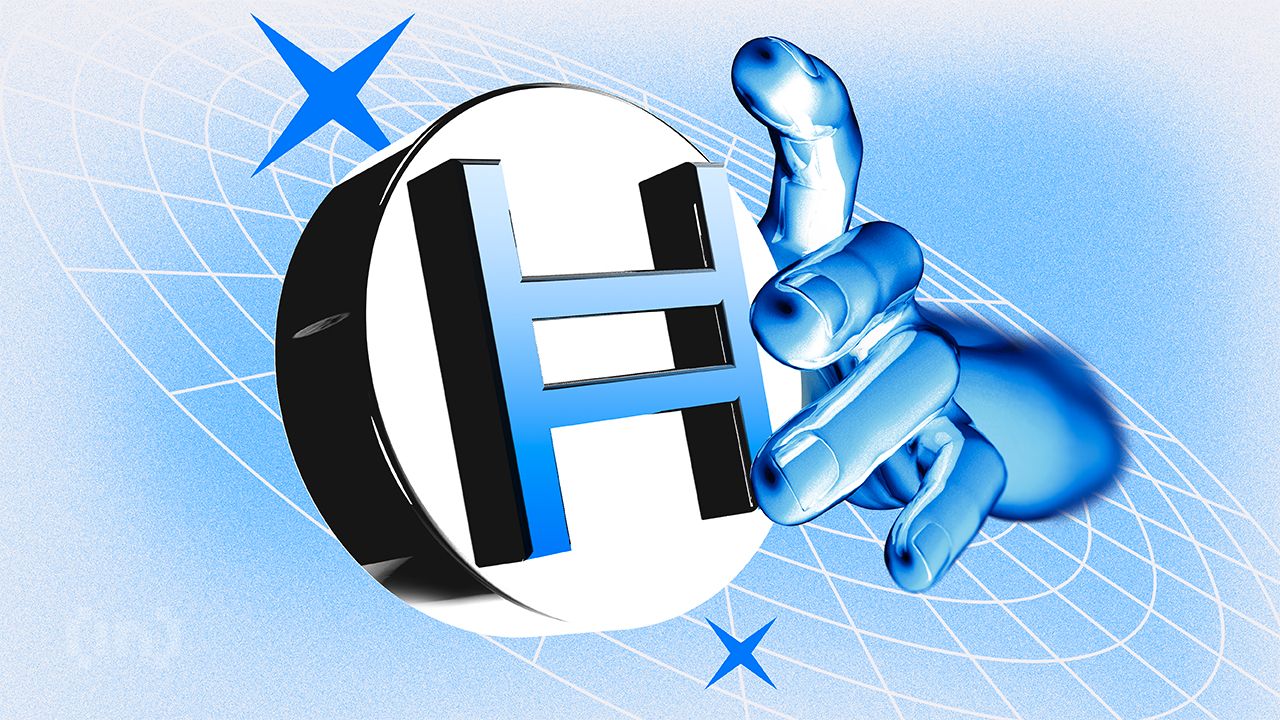
Hedera’s HBAR token remains range-bound with weakening volatility. Traders await a breakout from the $0.2109–$0.2237 trap for direction.

Retail investors are flocking to Dogecoin in September as ETF approval odds surge and accumulation trends hint at a potential rally. Analysts predict prices could climb toward $1.4 by year’s end.
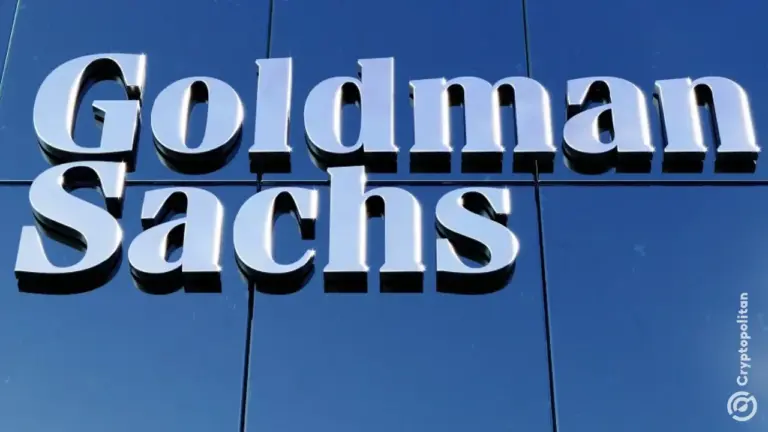
Share link:In this post: Goldman Sachs is buying a $1 billion, 3.5% stake in T. Rowe Price to push private assets into retirement accounts. The partnership will launch target-date funds, co-branded portfolios, and advice services by mid-2025. Citigroup also announced a deal giving BlackRock $80 billion in client assets to manage starting in Q4.
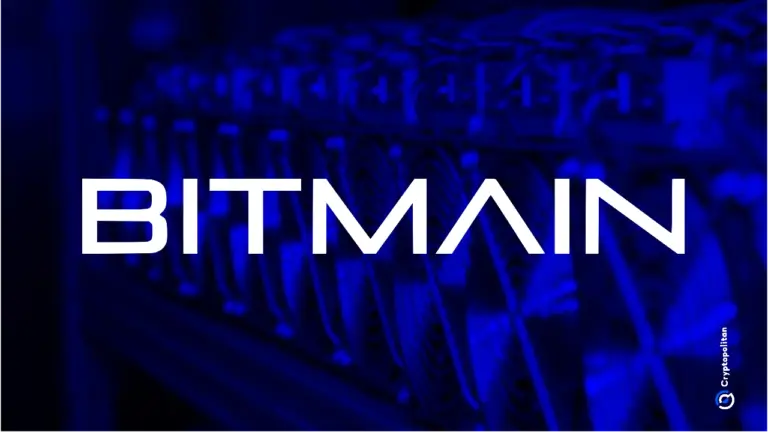
Share link:In this post: Old Const says Bitmain faked breaches to end their deal and seize mining equipment. The company wants a court order stating that disputes must stay in Texas based on the agreement. Old Const is seeking an injunction, damages, and legal fees from Bitmain.

Share link:In this post: Kevin Hassett accused the Fed of losing independence and overstepping its mandate. He slammed the job data system as broken and called for urgent modernization. Kevin backed a full review of the Fed’s roles in policy, regulation, and research.

Share link:In this post: El Salvador’s central bank bought 13,999 troy ounces of gold worth $50 million. The bank says gold will diversify reserves and provide stability, especially as Bitcoin holdings remain volatile. The move follows the global trend of central banks buying over 1,000 tonnes of gold collectively.